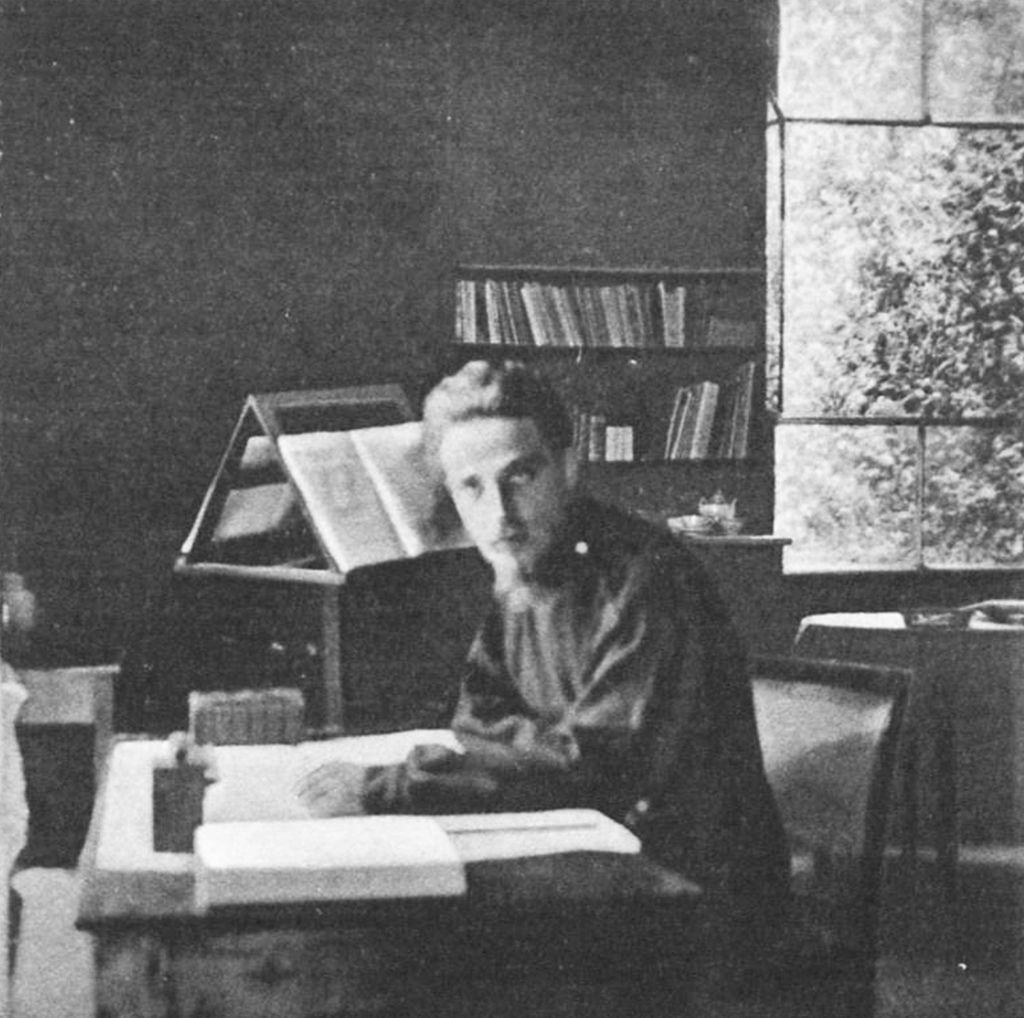Max Mueller Bhavan recently saw the launch of an English translation of the poetry of Rilke. Rainer Maria Rilke, one of the greatest poets of the 20th century, if not of all time, has had many translators. But this was special.
The poems were translated by Rolf A. Eberle, 78, a renowned teacher of philosophy who taught at the University of Rochester, New York, as a labour of love, and sent to two of his favourite students, Madhabendranath Mitra and Pushpa Mishra, who teach philosophy in the city.
Mitra and Mishra, moved by the translations, wanted to bring them out as a book and approached the publisher Gangchil in Calcutta. The result is Rhyming Rilke.
Eberle’s work is also special because he keeps the rhyme, a feature of the original poems.
Poet Nirendranath Chakraborty launched the book and spoke of the difficulties of translation, especially of translating the lyrical power and the music of poetry like Rilke’s. He praised the translation, but said that a Bengali’s reading of German poetry translated into English is equivalent to sending a basket of mangoes from one place to another. We know the basket is all right, but what about the mangoes?
Swapan Chakraborty, who teaches English at Jadavpur University, spoke of one of Eberle’s ideas: not only the semantic core, but the structure of the sentence had also to be translated. It becomes that much more difficult when the rhyme is retained.
Rilke, who believed that he would die from blood poisoning after being pricked by a rose thorn, wrote as his own epitaph: Rose, oh pure contradiction, joy/ of being No-one’s sleep, under so/ many lids. He lives on, in many parts of the world, in translation.
Building a book
From designing buildings to building storylines, Usha Ananda Krishna can do it all. She finds the two tasks similar as they both deal with “structures”. So here is another author who finds her true calling in writing after dabbling in architecture.
Krishna was present with her second novel Fallout, published by Westland Books, at Oxford Bookstore on April 13.
“I always liked reading and developed a knack for writing,” said Krishna at the launch. After trying different forms like novels, radio and stage plays, Krishna has penned Fallout after 14 years. One can call it a thriller… but Krishna doesn’t like that. “It’s not a thriller nor a whodunit, I prefer to call it a ‘what if’ type of book,” she said.
Launching the book, writer Sunil Gangopadhyay said: “I am pleased to see so many Indian authors writing in English. They are doing a good job.”
“It’s a gripping novel and one will have to keep turning the pages,” he added.










